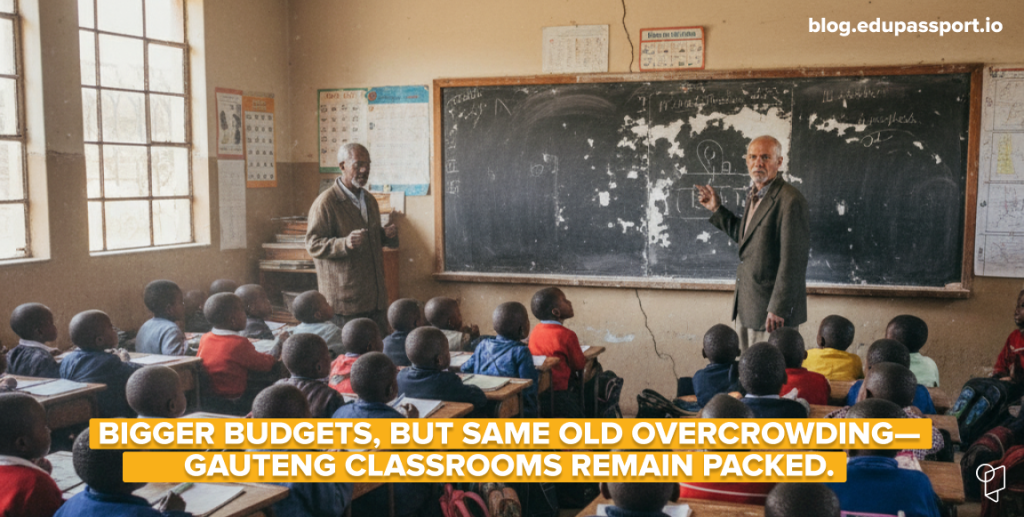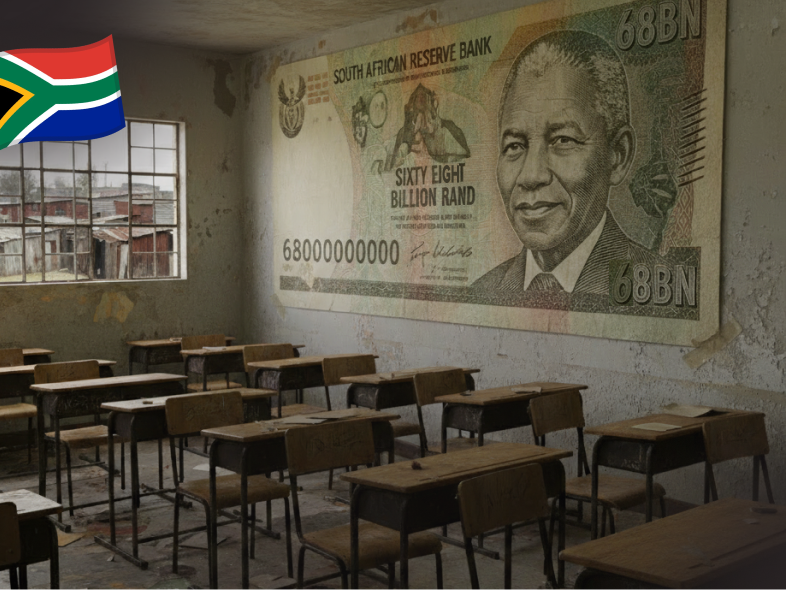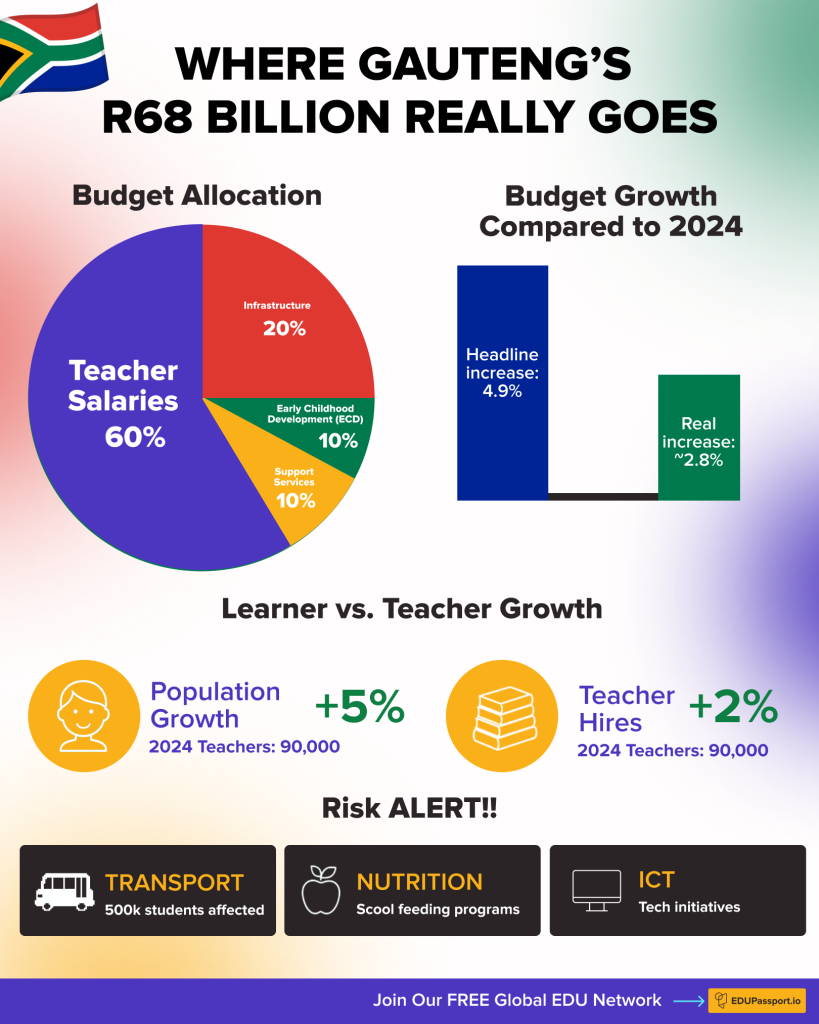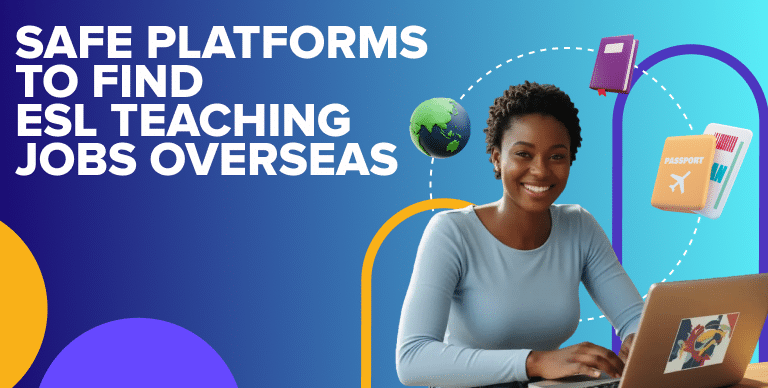Gauteng has dropped a headline-grabbing R68 billion for its 2025/26 education budget.
Sounds impressive, right? Experts say… not so fast.
A Bigger Pot, But It’s Mostly Steam
Education MEC Matome Chiloane unveiled the plan at a July post-budget briefing, pitching it as a “transformative” leap toward quality, inclusive schooling. The money will fund everything from the Strategic Framework for Educational Excellence to Early Childhood Development (ECD) expansion, school nutrition, transport, and long-overdue infrastructure upgrades.
But when researchers crunched the numbers, the real growth shrank.
- Headline increase: 4.9% compared to the initial 2024 budget.
- Actual increase: Closer to 2.8% when measured against last year’s actual spend and inflation.
Translation: in real terms, Gauteng learners will receive less per head next year.
Overcrowding and Underfunding
Equal Education Law Centre researcher Daniel Peter Al-Naddaf warns that booming learner numbers, Gauteng has one of the fastest-growing school populations in South Africa, are colliding with years of austerity.
“Any increase is welcomed,” he said, “but this is nowhere near the major hike needed to fix years of underspending.”
Budget analyst Matshidiso Lencoasa adds that most people ignore provincial budgets even though this is where core education funding lives. Without public pressure, overcrowded classrooms and vacant teacher posts stay stuck on repeat.
The Cuts Hiding in the Fine Print

While the top-line figure climbs, spending on goods and services is set to drop 8.3% over the next three years. That slice covers:
- Scholar transport
- School nutrition
- ICT upgrades
- Learning and teaching support materials
“These are the very areas that shape equality of access,” Al-Naddaf warns. “Cut them, and you deepen inequality.”
Early Childhood Dreams, Budget Nightmares
Universal Grade R became compulsory nationwide this year, but Gauteng’s allocation for ECD (about R2.6 billion, or less than 4% of the total budget) can’t deliver it.
“It’s encouraging to see a 10% increase for ECD,” Al-Naddaf says, “but this won’t achieve universal Grade R or quality services for every young child.”
Treasury’s provisional R10 billion national ECD pot also falls short because it funds subsidies, not universal rollout.
Accountability on Life Support
Both experts highlight a chronic problem: underspending and weak consequence management. Money routinely returns to Treasury unused, while irregular expenditure rarely sparks real penalties.
Nutrition programmes, for example, face recurring shutdown threats due to tender issues, leaving thousands of children without guaranteed daily meals.
“Effective consequence management requires naming and shaming—and actually enforcing penalties,” Lencoasa stresses.
Finding the Missing Billions
Analysts argue that Gauteng and South Africa more broadly, must look beyond the usual budget playbook. Ideas on the table:
- Tighten tax collection to capture uncollected revenue.
- Rethink corporate tax incentives that drain funds with little job payoff.
- Introduce luxury and inheritance taxes to boost equity without squeezing ordinary citizens.
The Budget Justice Coalition continues to push these reforms, but political will remains the ultimate bottleneck.
EDU Passport Take
R68 billion is a hefty cheque, but without stronger revenue streams and stricter oversight, it risks being little more than a paper promise. More learners, higher costs, and stubborn infrastructure backlogs mean Gauteng is running a marathon on a treadmill: lots of effort, not enough distance.






















